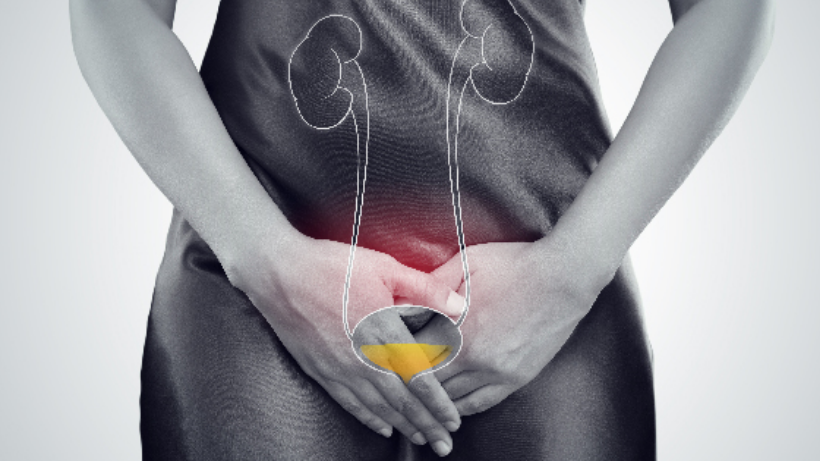How Long Can You Have A Kidney Infection Without Knowing?

Book free consulting session with HealthTrip expert
In the medical field, kidney infection is known as pyelonephritis.
How Long Before I Know About The Infection?
Typically a patient can feel the symptoms of the infection within two days after the kidney got infected. However, there can be no symptoms at times, or it is so mild that patients ignore it before it becomes too painful.
But if the kidney infection is detected at an early stage, then treatment can be started immediately.
Often prompt treatment with antibiotics can help cure the infection, and complete recovery is possible in about two weeks. However, for people with chronic disease, underlying other conditions, and older people, recovery can take longer.
Related Article - Where Does It Hurt When You Have A Kidney Infection?
What Causes Kidney Infections?
We are all aware that for overall well-being, the proper functioning of the kidneys is a must. These two fist-sized organs on the upper abdomen on each side are responsible for filtering the body's waste products out of the blood. These liquid waste products are passed into the urine, which flushes it out of the system. Kidneys also regulate the electrolytes and the water content in the blood.
When bacteria or virus enters the kidneys from the urinary tract, the infection is caused. One common bacteria that cause kidney infection is Escherichia coli or E.coli. The bacteria are found in the intestine, and through the urethra, it enters the urinary tract. The tube that carries the urine from the body is the urethra. In this tube, the bacteria multiply and spread to the bladder and kidney, causing kidney infection.
Related Article - Kidney Infection - Know The Cause, Diagnosis, and Treatment
While this is the most common reason for kidney infection, other causes can also lead to it, like:
- Other bacterial infections spread to the bloodstream and then pass to the kidney.
- Kidney or bladder surgery can cause the infection
- Kidney stone or tumor blocking the urinary tract and restricting the urine flow
- Enlarged prostate in men or de-shaped urinary tract
Related Article - Kidney Infection - Symptoms, Prevention, Cause
When To See A Doctor & Prognosis?
See a doctor if you feel any pain or discomfort during urinating, or have sudden chills, nausea, vomiting, and other kidney infection symptoms. Also, if you are taking medication for UTI and the symptoms are not improving, you should head back to the doctor.
Typically the prognosis for kidney infection starts with the doctor inquiring about medical history and symptoms and then will conduct a physical examination and running some tests, which can include:
- For male patients, rectal examination to check whether the enlargement of the prostate is blocking the bladder.
- A urinalysis can be done to check the presence of bacteria and white blood cells in the urine. White blood cells are produced in excess to fight the infection.
- Urine culture is done to check if there is a growth of any specific bacteria
- For getting a picture of the kidney condition and the urinary tract CT scan or MRI can be done too.
The treatment depends on the condition of the patient and the severity of the infection. Oral antibiotics are given for mild infection. However, the type of antibiotic can change depending on the bacteria and the severity of the condition. A patient can be recommended for hospitalization for severe infection and given intravenous fluids and antibiotics. In some instances, surgery helps remove any blockage from the urinary tract.
Proper and early detection of the infection is easy to cure. But the minute you feel uncomfortable or have any kidney infection or UTI symptoms, go to the doctor.



